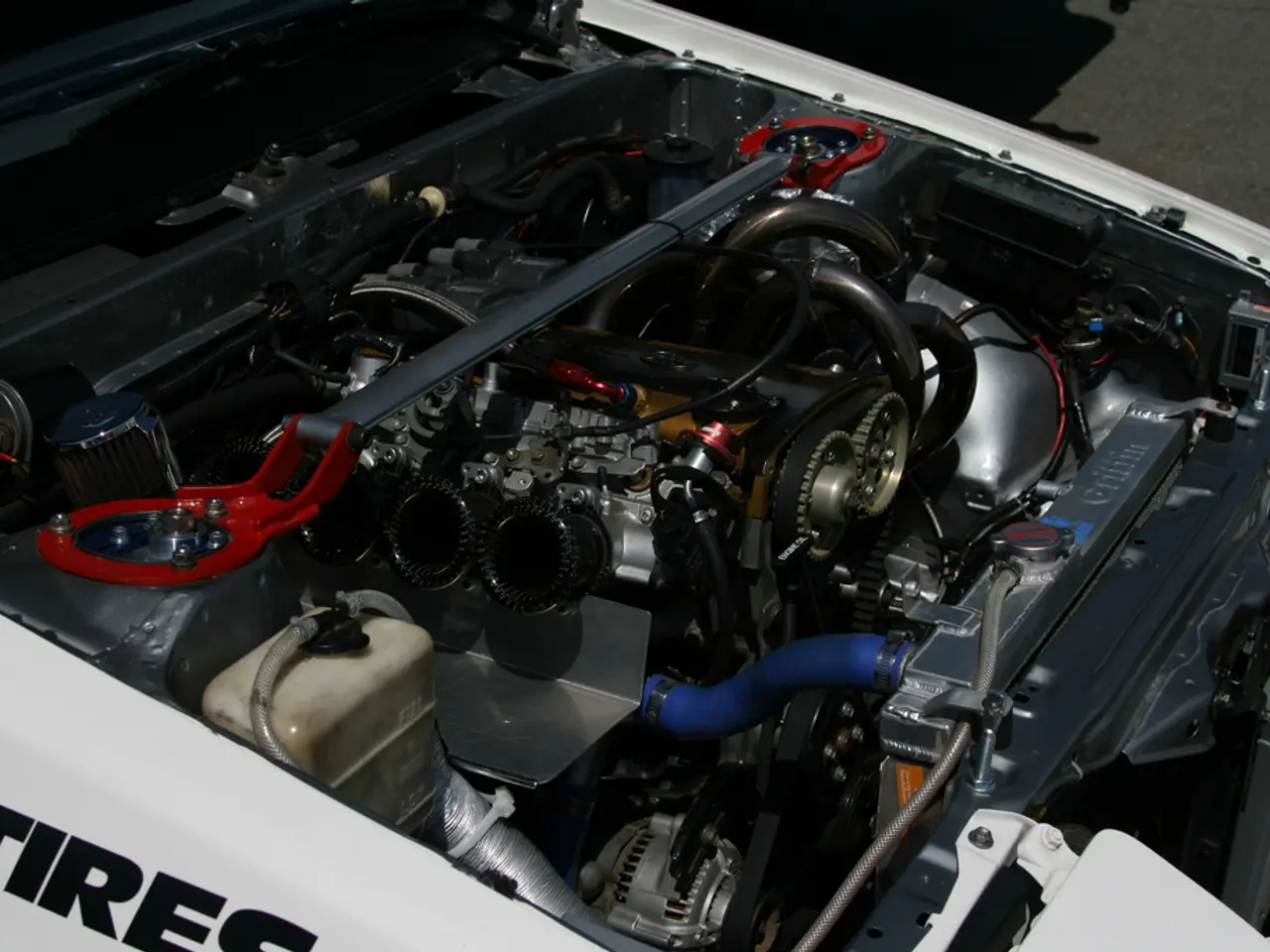Increasingly Preferred: Electric Vehicles Overtake Traditional Cars in Germany's Automotive Market
In a surprising turn of events, the German automotive market is witnessing a significant shift towards electric vehicles (EVs). According to a comprehensive survey conducted by insurer HUK, nearly half of all Germans now view electric cars positively[1]. This positive change in perception is driving a trend reversal, with more and more private users opting for electric cars over traditional combustion engine vehicles[2].
The expansion of available EV models, particularly more affordable entry-level options, is a key factor in this growing trend. The increased model availability and affordability have reduced the price barrier, attracting more buyers[1]. Leading manufacturers, such as Volkswagen, have also aggressively increased production and promotion of EVs, boosting consumer choice and confidence in electric mobility[2].
Environmental and economic incentives are also playing a significant role. Electric cars offer reduced exhaust emissions and cost savings on fuel and maintenance, making them attractive for consumers aiming for greener and more economical transportation[2]. The government and industry push for EV adoption, including Germany’s environmental policies, incentives, and infrastructure development supporting electric mobility, are likely additional contributing factors[3].
In July 2025, battery-electric vehicles accounted for 18.4% of new passenger car registrations in Germany, about double the previous year’s level[1][3]. Including hybrids (that blend electric motors with combustion engines) increases the total share of electrified vehicles even further[1][4].
The growing preference for electric cars may lead to a significant impact on the German automotive industry. The shift towards electric cars suggests a potential break in the German skepticism towards electric vehicles and could signal a turning point in the market[2].
HUK conducts a survey among around 4,000 citizens in the country every quarter, and the insurer has revealed that electric cars are more popular than previously believed[1]. A third more private users are now ready to switch to an electric car, indicating a trend that could continue in the coming months[1].
The registration of electric cars in the country reached new record values this year, but the share of electric cars nationwide remains low at 5.5 percent[1]. Despite this, the growing popularity of electric cars among Germans is causing a significant change in perception, potentially due to advancements in technology[2].
Sources:
[1] BMWi (2025). Elektromobilität – Statistik. [Online] Available at: https://www.bmwi.de/Redaktion/DE/Themen/Energie/Elektromobilitaet/Statistik.html
[2] Kraftfahrt-Bundesamt (2025). Verkehrsstatistik – Elektromobilität. [Online] Available at: https://www.kraftfahrt-bundesamt.de/Statistik-Auswertungen/Verkehrsstatistik/Elektromobilitaet.html
[3] YouGov (2025). Elektromobilität in Deutschland – Ergebnisse einer Umfrage. [Online] Available at: https://de.yougov.com/news/2025/10/15/elektromobilitaet-in-deutschland-ergebnisse-einer-umfrage/
[4] HUK (2025). Elektromobilität in Deutschland – Ergebnisse einer HUK-Umfrage. [Online] Available at: https://www.huk.de/presse/pressemitteilungen/2025/elektromobilitaet-in-deutschland-ergebnisse-einer-huk-umfrage.html
- As more affordable electric vehicles become available and traditional car owners become more environmentally conscious, families might start considering electric vehicles as their preferred lifestyle choice.
- With the increasing use of technology in vehicles and the push from government and influential manufacturers like Volkswagen, the German automotive industry may soon witness a transformative shift towards cars powered by electricity, potentially revolutionizing the overall family lifestyle.




